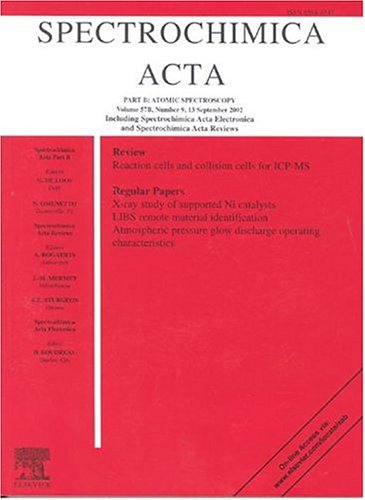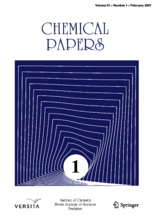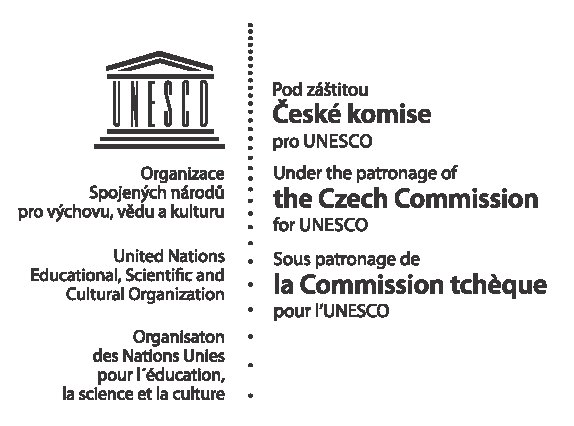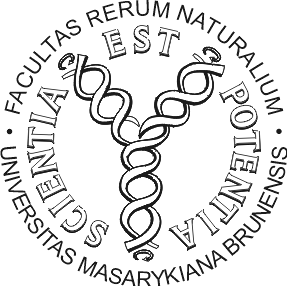Aim and Scope
European Symposium on Atomic Spectrometry (ESAS) is the international meeting of scientists to share recent developments, exchange ideas, explore new directions and initiate a possible collaboration in the atomic spectrometry area. Leading scientists and researchers will be invited to present their most up-to-date results at this conference, to exchange exciting ideas and experiences as well as look into future development.
The aim of the 15th CSSC is to bring together experts from universities, academia, official centers, various laboratories, and industry on a world-wide scale, to summarize the current progress in different areas of spectroscopy and the trends in the applications such as chemical, environmental, geological, biological, food, pharmaceutical and industrial materials and to stimulate contacts and mutual exchange of experiences and ideas.
Conference topics
- Spectroscopy and spectrometry: theory, techniques, trends, development and applications in the analysis of the chemical, environmental, geological, biological, food, pharmaceutical, industrial and other materials
- Atomic spectrometry (AAS, AFS, OES, etc.)
- Molecular spectroscopy (UV-Vis, NMR, Raman, IR, etc.)
- X-ray spectrometry (EDS, WDS, XRF, PIXE, XANES, EXAFS, etc.)
- Mass spectrometry (LC-MS, GC-MS, ESI MS, MALDI – MS, ICP-MS, TIMS, SIMS, etc.)
- Instrumental radioanalytical methods (Gamma spectroscopy, NAA, etc.)
- Mössbauer spectroscopy
- Laser spectroscopy
- Synchrotron techniques
- Special spectroscopy techniques
- Sample preparation and introduction techniques
- Trace and ultratrace analysis
- Speciation analysis
- Quality of measurements and metrology
History and Tradition
European Symposium on Atomic Spectrometry (ESAS) was launched in September 2008 in Weimar, Germany, by merging two important scientific events with a long tradition in the field of atomic spectrometry, namely:
- the International Solid Sampling Colloquium (ISSC, since 2004 renamed as Solid Sampling Colloquium with Atomic Spectrometry - SSC), and
- the European Furnace Symposium (EFS)
The ISSC was established in 1984 in Wetzlar, Germany, and continued as a biennial event in Europe. The EFS originated in September 1994 in Warsaw, Poland, as the East European Furnace Symposium and since then it has taken place every two years as The European Furnace Symposium together with The ISSC:
- the 2nd EFS and 7th ISSC, May 1996, St. Petersburg, Russia;
- the 3rd EFS and 8th ISSC, June 1998, Prague, Czech Republic;
- the 4th EFS and the 9th ISSC, June 2000, Podbanske, Slovakia;
- the 5th EFS and the 10th SSC, September 2002, Blagoevgrad, Bulgaria;
- the 6th EFS and the 11th SSC, June 2004, Balatonföldvár, Hungary;
- the 7th EFS and the 12th SSC, July 2006, St. Petersburg, Russia.
Then followed:
- ESAS 2008, September 2008, Weimar, Germany;
- ESAS 2010, September 2010, Wroclaw, Poland;
- ESAS 2012, October 2012, Tatranská Lomnica, the High Tatras, Slovakia.
The 15th Czech - Slovak Spectroscopic Conference (15th CSSC) is a proceeding based on a long-term scientific cooperation between Ioannes Marcus Marci Spectroscopic Society and The Slovak Spectroscopic Society. The meetings organized by the former Czechoslovak spectroscopic society (1949 – 1993) in the past and the continuation in the tradition of the national Slovak and Czech spectroscopic conferences now, since 2008, exist as a joint events.
- XIXth Slovak-Czech Spectroscopic Conference (SCSC), 2008, Častá-Papiernička, Slovakia;
- 14th Czech-Slovak Spectroscopic Conference (CSSC), 2010, Litomyšl, Czech Republic (under the auspices of the CK for UNESCO);
- XXth Slovak – Czech Spectroscopic Conference, 2012, Tatranská Lomnica, the High Tatras, Slovakia.
Scientific Programme
The programme of this meeting will consist of 40 minute plenary lectures, 30 min invited lectures, oral (20 min) and poster presentations. The allocated times also include the discussion. Emphasis will be put not only on the presentation of the latest scientific achievements, new technologies, and instrumentation but also on applications and utilization of spectroscopy in different fields of practical life. English, Slovak and Czech will be the official languages of the conference. Invited lectures and Oral presentations given in Slovak or Czech should be visualised in English. A data projector will be available. Posters should be prepared in English.




